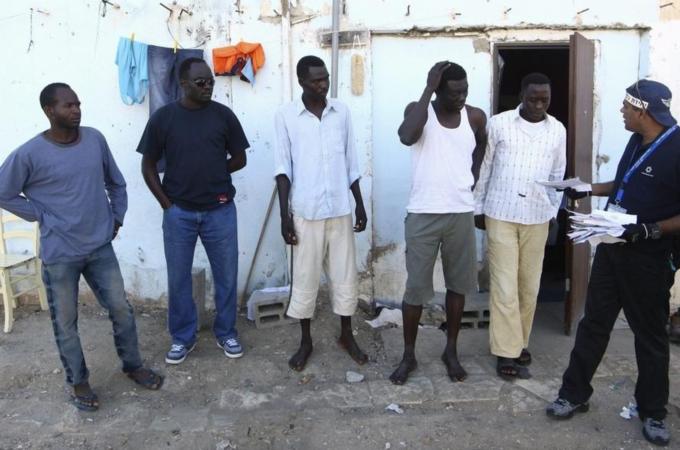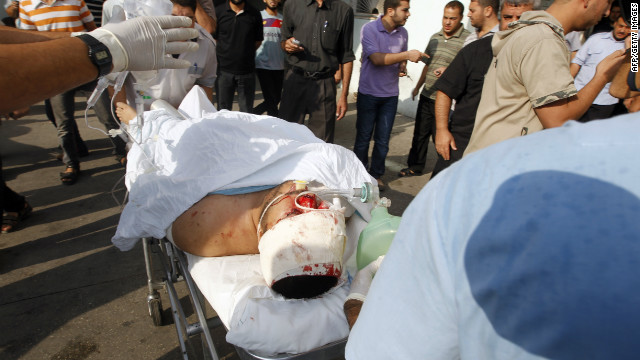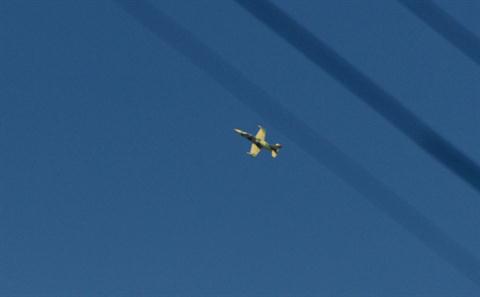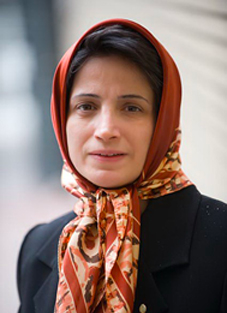By Ali Al-Bassam
Impunity Watch Reporter, Middle East
MANAMA, Bahrain — Last Tuesday, Bahrain imposed a temporary ban on all protests and gatherings. Interior Minister Sheikh Rashed bin Abdullah Al-Khalifa said that the ban was established to ensure public safety and prevent violence. Al-Khalifa also said that the ban was necessary since violence that accompanied previous protests, disrupted traffic, affected trade and the economy, and damaged private property.
During his press conference, Al-Khalifa mentioned Omran Mohammed Ahmed, a 19 year old police officer, who was killed in an explosion in Al-Eker village when his patrol was attacked by rioters. “Citizens of any country in the world will understand the necessity of implementing security measures to control, but not close, the entrances to the village in order to conduct a thorough investigation into Omran’s death,” he said.
Amnesty International says that the ban on all rallies violates the right to freedom of expression and peaceful assembly and must be lifted immediately. Al-Khalifa says that no one’s right is violated as long as they comply with the limits prescribed in the ban. Amnesty International reports that within the last few months, scores of people have been arrested for “illegal gatherings,” where prisoners of conscience were jailed solely for exercising their right to peaceful assembly.
“Even in the event of sporadic or isolated violence once an assembly is underway, authorities cannot simply declare a blanket ban on all protetsts…” said Amnesty International Middle East and North Africa Deputy Director Hassiba Hadj Sahraoui.
Wefaq, Bahrain’s leading Shia opposition party, believes that the ban is an attempt to silence it. “We reject this decision and consider it against our constitutional right. There is no reason for it because all our events are peaceful,” said Wefaq official Sayed Hadi Al-Mousawi. Al-Mousawi also said that he believes the ban goes against international human rights. Bahrain banned many protests organized by Wefaq in the past few months.
Al-Khalifa also said that the ban is justifiable since organizers have failed to keep protesters from engaging in violence. He believes that a temporary ban is an “opportunity for everyone to take a step back, calm down and gain some perspective.”
Prior to the ban, organizers had to go through a process to gain consent to hold a demonstration. Bahrain’s Code on Public Meetings, Processions and Gatherings imposes significant restrictions, and is in breach under the International Covenant on Civil and Political Rights. The code requires that at least 3 organizers with a clean police record must apply for permission, specifying their activity and its subject, and the venue and time. Organizers must be residents of the area where the activity will take place. If permission is not granted then the activity is considered illegal. Several rallies were banned this year due to the location and timings of the rallies since they could have potentially disturbed traffic.
For further information, please see:
Al Jazeera — Bahrain bans Protests and Gatherings — 31 October 2012
Amnesty International — Bahrain’s Protests ban Condemned — 31 October 2012
Bahrain News Agency — Ban on Marches and Rallies is Temporary, Interior Minister says — 31 October 2012
Reuters — Bahrain Must Lift ban on all Protests — 31 October 2012



